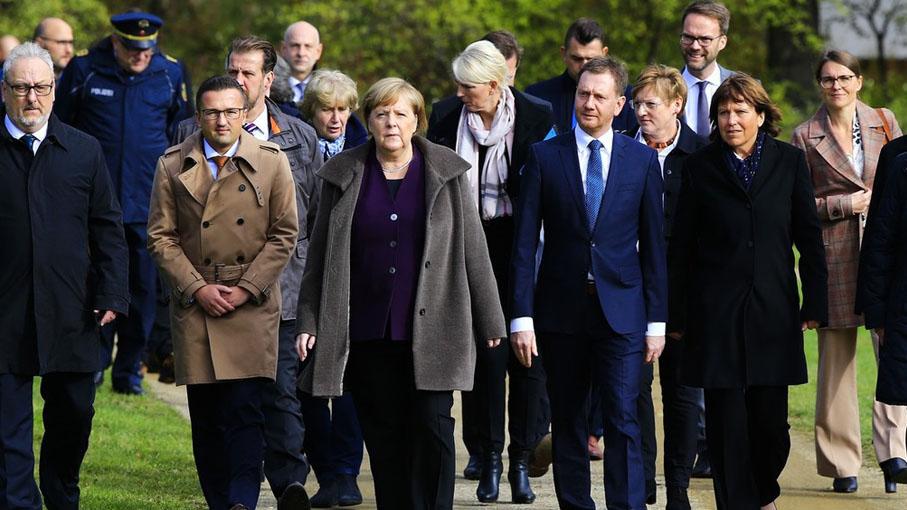The German city of Dresden has declared a “Nazi emergency” after years of right-wing extremism has grown in strength.
A Beijing News commentary explored the political and social issues in Europe behind the decision by Dresden’s city council and what a “Nazi emergency” means for European politics.
“The far-right movement and populist activity keep boiling up in Germany and across Europe because the mainstream political parties there cannot give their people what they want,” wrote Dong Yifan, a European affairs expert. “The recent economic crisis, refugee crisis and the challenge of globalization are making things worse for them, which makes Europeans feel unsafe and deprived.”
Germany paid a high price when it opened its door to refugees, said Dong. Not only did it become a target for terrorists but tensions between local nationalists and newcomers have worsened, posing new security challenges.
Many embraced radical ideas in their hope for a change, Dong said.
The anti-Islam Pegida movement first emerged in Dresden, which is viewed as “a bastion of the far-right.”
Fortunately, said Dong, Dresden’s decision is an example of how mainstream politicians in Germany and Europe are holding to their values and staying vigilant against populism and right-wing extremism.
“European politics and society are still resilient under stress,” Dong said. “It will not radicalize overnight.”
However, Dong concluded with a warning: “The EU and national leaders must really solve issues for their people. That is the only way to reform the political landscape that has been contaminated by the far right and populism if they expect to bring Europe back on the right track.”

 Old Version
Old Version